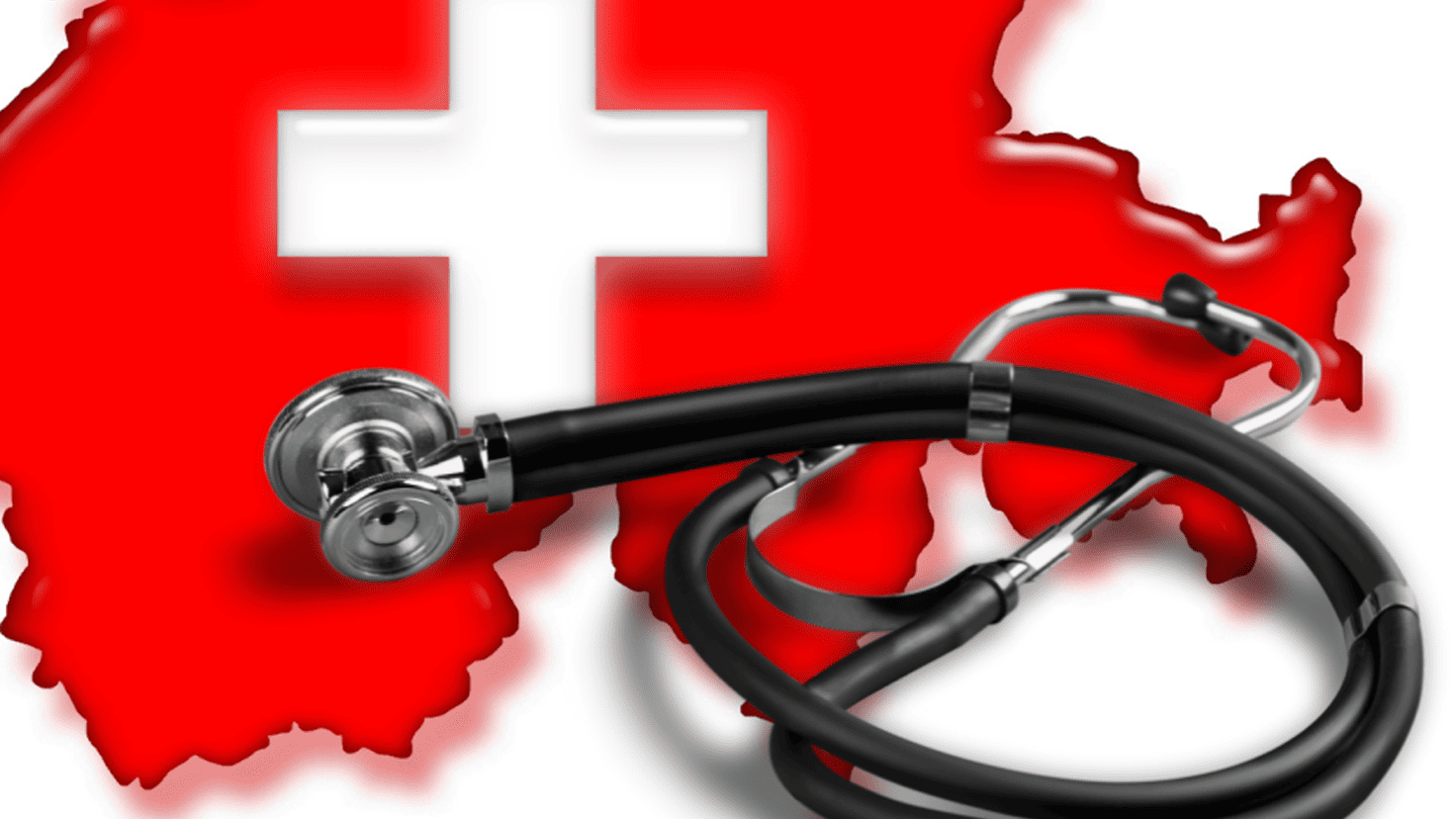Regulatory Agency
Swissmedic, the Swiss Agency for Therapeutic Devices regulates medical devices in Switzerland.
Medical Device Definition
Medical Device and its accessories: instruments, apparatus, devices, software, implants, reagents , materials or other items are considered medical devices:
a) which according to the manufacturer are intended for humans;
b) whose intended main effect in or on the human body is neither achieved by pharmacological or immunological means nor metabolically, but whose mode of action can be supported by such means; and
c) which alone or in combination fulfill one or more of the following specific medical purposes:
- diagnosis, prevention, monitoring, prediction, prognosis, treatment or alleviation of disease,
- Diagnosing, monitoring, treating, alleviating or compensating for injuries or disabilities,
- Examination, replacement or modification of the anatomy or of any physiological or pathological process or condition,
- Obtaining information through the in vitro examination of samples from the human body – including from organ, blood and tissue donations.
The following are also considered medical devices:
a) products for contraception or promotion
b) Products specifically intended for the cleaning, disinfection or sterilization of the products
Medical device accessory: is an item that is not a medical device in itself but is intended by the manufacturer to be used in conjunction with one or more specific medical devices and:
- which specifically enables its use in accordance with its intended purpose; or
- with which the medical function of the medical device or devices is intended to be specifically and directly supported with regard to its intended purpose.
Medical devices: products, including instruments, apparatus, devices, in-vitro diagnostics, software, implants, reagents, materials and other items or substances that are intended or advertised for medical use and whose main effect is not through a drug is achieved
Medical Device Classification System
| International Classification | Risk Level | Examples |
|---|---|---|
| Class I | Low risk | Elastic bandages, hearing aids, and simple walking aids. |
| Class IIa | low to Moderate risk | Wheelchairs, blood glucose meters, and handheld ultrasound devices. |
| Class IIb | Moderate to High risk | Implantable pacemakers, implantable defibrillators, and intravenous infusion pumps. |
| Class III | High risk | Implantable artificial heart valves, cerebral stimulators, and high-risk implantable devices such as spinal cord stimulators. |
Classification |
Approval procedure |
|---|---|
Class I Class IIa Class IIb Class III |
|
Additional Information
Approval timeline |
Not specified by the agency |
|---|---|
License validity period |
As long as CE Mark is valid |
Fees |
Notification for placing a medical device on the market :- $300 |
Need more Information?
Start Simplifying Regulatory Management and Accelerating Your Approvals
Discover how RegDesk RIMS can transform your regulatory information management.
In your personalized demo, you’ll see:
- How to centralize and streamline your regulatory processes.
- Tools that simplify submissions and ensure long term compliance.
- Real-world results from companies using RegDesk RIMS to bring products to market faster.






